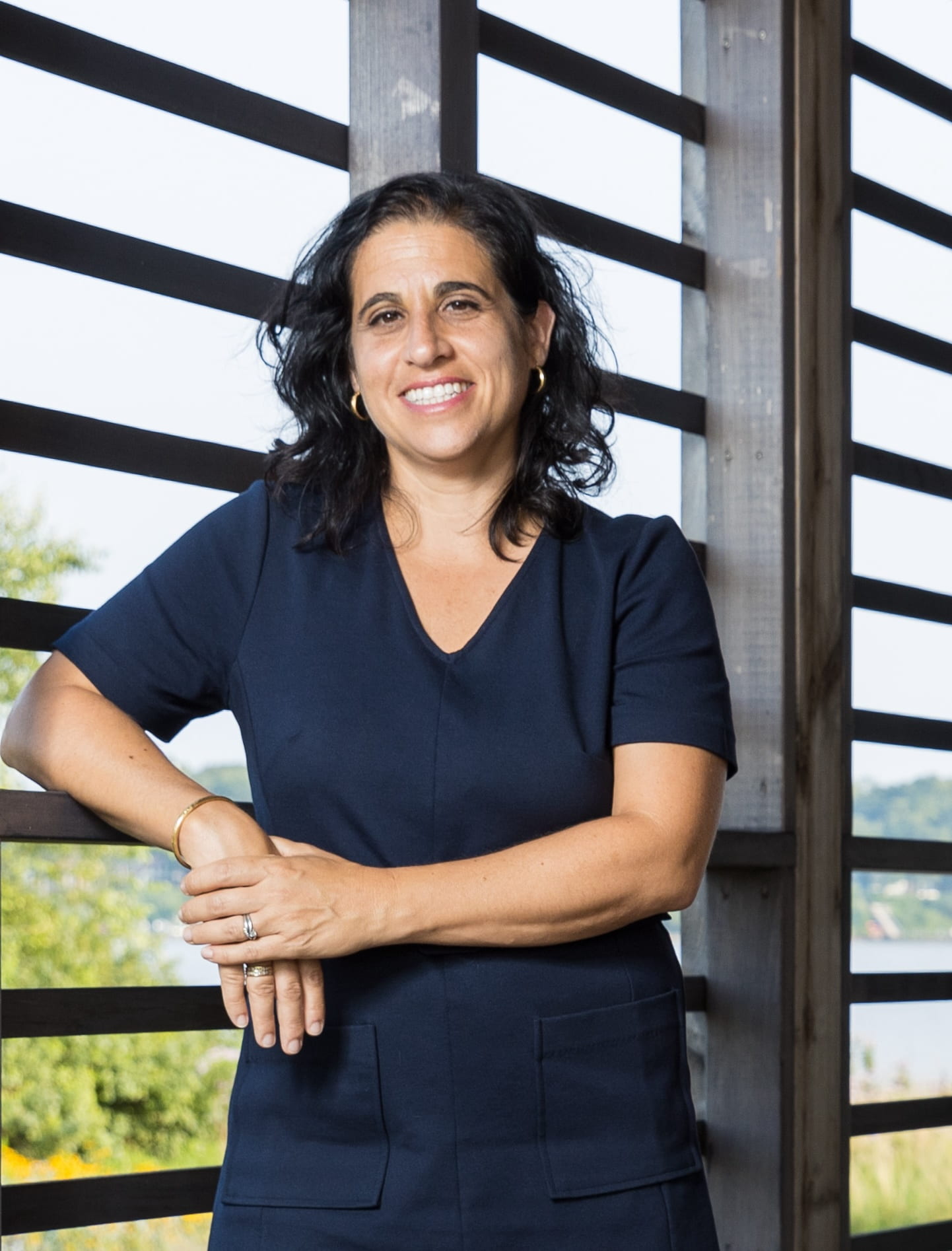GLOBAL ASIA COLLOQUIUM
April 19, 2024. 4-7PM
in 53 Washington Square South (KJCC) room 701
Food Justice and Urban Change in a Historic Chinese Neighborhood
Valerie Imbruce
Food justice includes the right to food that is culturally appropriate. That right is challenged in immigrant neighborhoods where the participants and spaces of food production, distribution, and consumption are contested. Manhattan’s Chinatown is a prime example of a neighborhood where food is central to its commerce, cultural heritage, and reputation as a tourist destination, yet the number of food distributors, restaurants, and street vendors in this historically low-income community have been declining due to gentrification, xenophobia, and most recently the COVID-19 pandemic. How do people who make a livelihood through Chinatown’s food system navigate change? Who is advocating for food businesses in Chinatown and what are their goals? The grassroots response to this crisis is a reminder that people have the power to use food to assert the society that they desire, to shape a highly contested urban space, and to claim their right to the city. In this discussion I’d like to consider how the dynamics of cultural and community identity within this neighborhood’s food system have relevance beyond Chinatown and can expand our view of food justice.

Valerie Imbruce is the Director of the Center for Environment and Society and affiliated with the Department of Anthropology and Archeology at Washington College. She is a facilitative leader who takes a collaborative, transdisciplinary approach to research, education, and community engagement. She is the author of From Farm to Canal Street: Chinatown’s Alternative Food Network in the Global Marketplace. A recent essay and first contribution to a cookbook can be found alongside delicious photos and recipes in Made Here, proceeds from which support Send Chinatown Love’s community building efforts. Her research interests include sustainable food systems, interdisciplinary undergraduate education, and more recently research identity. Imbruce received her PhD from the City University of New York Graduate Center and the New York Botanical Garden.